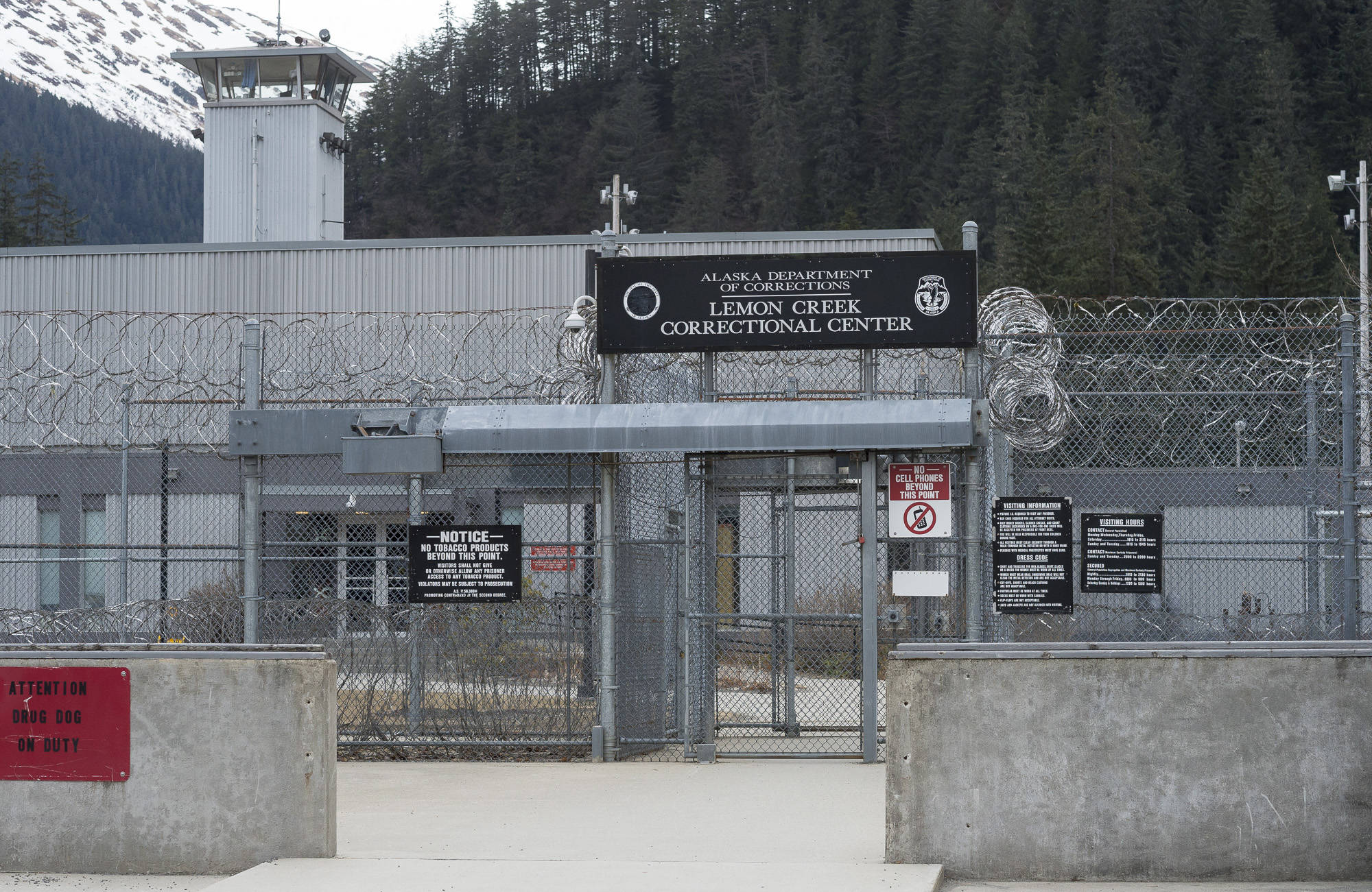A group of state legislators is preparing a bill that would prevent the Department of Corrections from sending Alaskan prisoners to facilities out of state.
In October, DOC Commissioner Nancy Dahlstrom announced Alaska’s prisons were at 97% capacity and the Department would be looking at out-of-state prisons to house Alaskan inmates. Alaska’s prison population had risen, Dahlstrom said, following the passage of the “crime bill,” House Bill 49 which implemented stricter sentencing for crimes.
That announcement was met with push-back from legislators. On Oct. 23, a bipartisan group of lawmakers sent a letter to Dahlstrom to reverse its decision to send prisoners out of Alaska and to reopen the Palmer Correction Center.
The Palmer Center was closed in 2016 because of budget cuts and in June, the Legislature removed language from the capital budget that would allow sending prisoners out of state. That vote passed the House 29-6
Despite the protest, DOC has been moving ahead with its plans to contract out of state. The Department of Corrections could not immediately be reached for comment.
The bill that could prevent those plans is sponsored by Rep. Zach Fields, D-Anchorage, and co-sponsored by Reps. Dan Ortiz, I-Ketchikan; Harriet Drummond, D-Anchorage; and Andy Josephson, D-Anchorage.
“We feel this is a retreat from a statewide goal,” Josephson said in a phone interview Tuesday, referring to the vote in June. “We need to take care of our own because they’re Alaskans and that’s what mature sovereigns do.”
Josephson also raised the concern of Alaskan inmates interacting with gang members from other states and bringing those criminal connections back to Alaska.
In March, federal authorities arrested six men on a number of counts, including murder, who had developed criminal connections while being housed in Colorado.
Prisoners, “learn or are mentored by folks who have a background in criminal gangs and they bring that teaching back to Alaska,” Josephson said.
Former prisoners had personally discussed the issue with Josephson, he said, during a visit to a prisoner re-entry event.
In the Request for Proposal for a contracting prison, DOC specifically states Alaskan prisoners would have no contact with outside prisoners without the expressed permission of the Director of Institutions.
But Josephson was not convinced there would be no co-mingling of prisoners.
“It has this intense language, which would go to appeasing me, but it says we might make exceptions to that,” Josephson said.
He said he might ask the Director of Institutions why the exception was needed and under what conditions it would be allowed.
Fields shared the concern about criminal contacts returning to Alaska through prisoners housed out of state, but more of his concerns were about potentially contracting with private prisons.
DOC has not yet announced which facility it would contract with, but during the plan’s initial announcement, Dahlstrom said that private prisons would be considered.
“As a practical matter, the only facilities out of state are private, for-profit prisons,” Fields said. “When you look at the data, there are lower recidivism rates for prisons housed at publicly owned facilities.”
Fields reference a report from the liberal think-tank In the Public Interest from 2016 entitled “How Private Prison Companies Increase Recidivism.”
That report cites studies of prisoners from Minnesota, Oklahoma, Mississippi and Florida which showed that prisoners in private facilities had recidivism rates up to 17% higher than those in public facilities.
The RFP says the contracted facility must have rehabilitative and education services with, “comparable levels of service” to those in Alaska prisons.
• Contact reporter Peter Segall at 523-2228 or psegall@juneauempire.com.

